
THE BREM BLOG
EXPERT EDUCATION ABOUT EARLY DETECTION, ACCESS TO DIAGNOSTIC TESTS FOR WOMEN IN NEED, AND PHYSICIAN TRAINING.

Dr. Rachel Brem Congressional Testimony on the Dense Breast Notification Rule
I am Dr. Rachel Brem, Professor of Radiology at George Washington University, Director of Breast Imaging and Intervention, and Chief Medical Officer of the Brem Foundation to Defeat Breast Cancer. My life's mission is to ensure that every woman has access to early detection and potentially life-saving treatment for breast cancer. This mission is personal—my mother was diagnosed with breast cancer when I was just 12 years old. Given only six months to live, she survived another 44 years, thanks to early detection. Later, at age 37, I found my own breast cancer while evaluating breast ultrasound equipment. My eldest daughter was 12 at the time. I know breast cancer as a daughter, a mother, a survivor, and as a world-recognized breast cancer physician.

Brem Foundation to Defeat Breast Cancer Statement on USPSTF Breast Cancer Screening Recommendation
The US Preventative Services Task Force has issued new proposed guidelines for breast cancer screening. Yet, for several reasons, Brem Foundation feels they fall short.
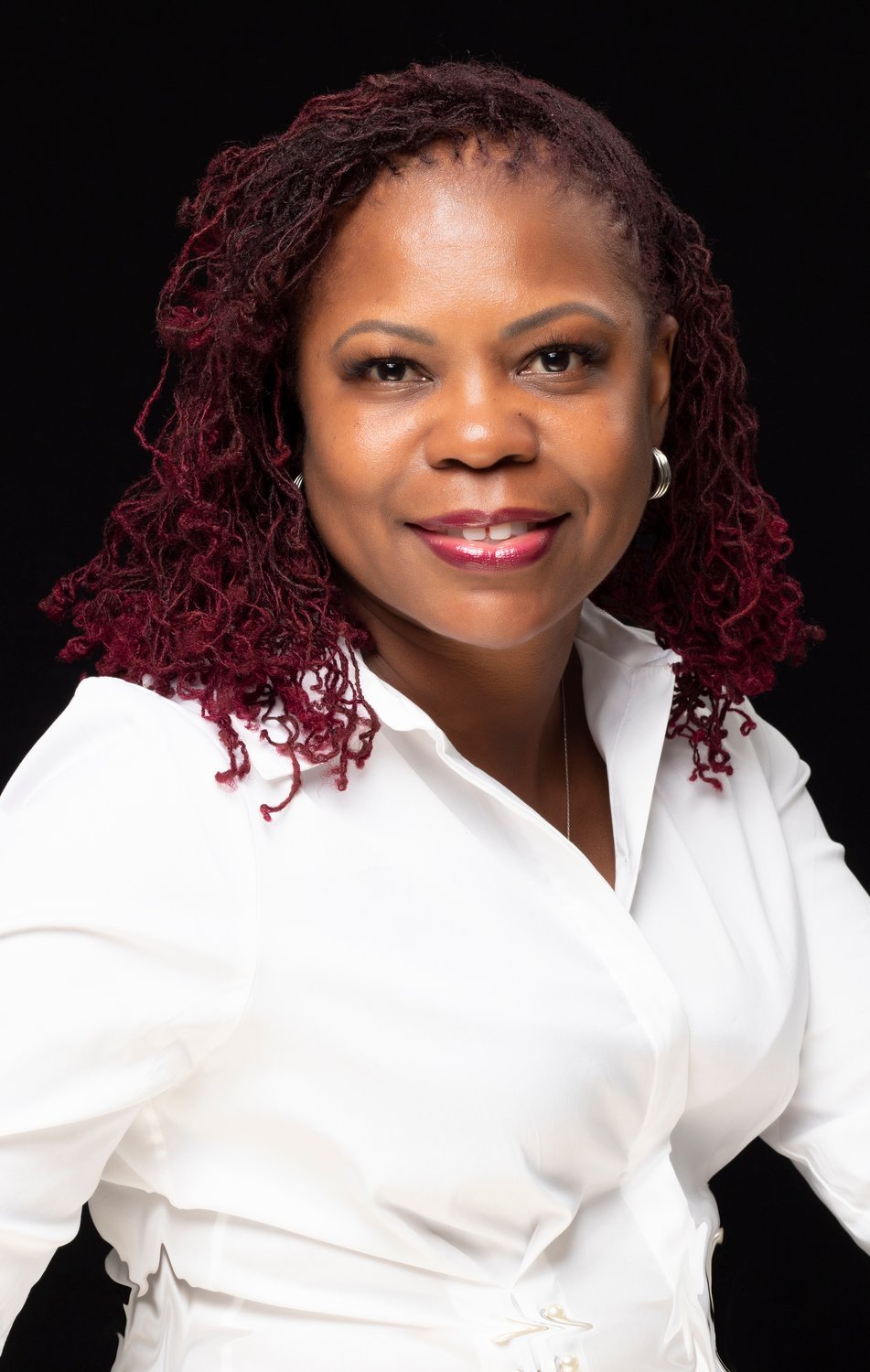
Voices of Early Detection: Carine Mathurin's Breast Cancer Journey
Carine Mathurin's journey through breast cancer offers a poignant perspective on early detection. Read her story now.

Gene Testing for Breast Cancer: What To Expect
BRCA and beyond: discover the importance of gene testing for breast cancer, risk factors, proactive steps to take, and more.
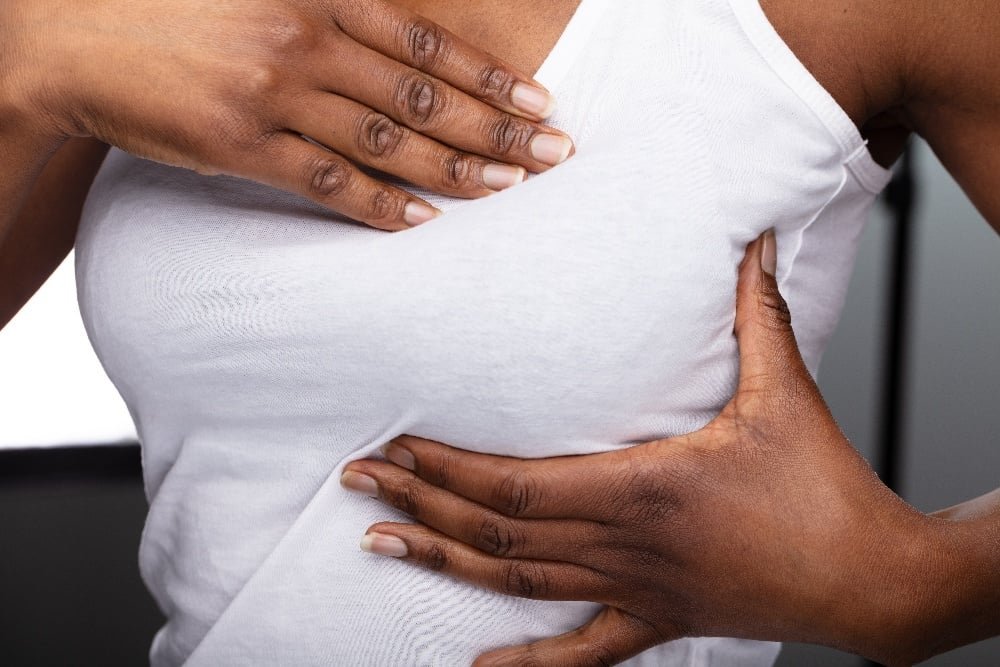
Common Causes of Breast Pain and How to Manage It
Breast pain is a common experience among women, and it’s not always related to cancer. Learn more about the different causes of breast pain and how to manage it.

Is Breast Cancer Hereditary? Explore Family History and Other Risks of Breast Cancer
Recent innovations hold great promise to detect cancer earlier than ever before. Learn more about multi-cancer early detection blood based tests, also known as liquid biopsies.
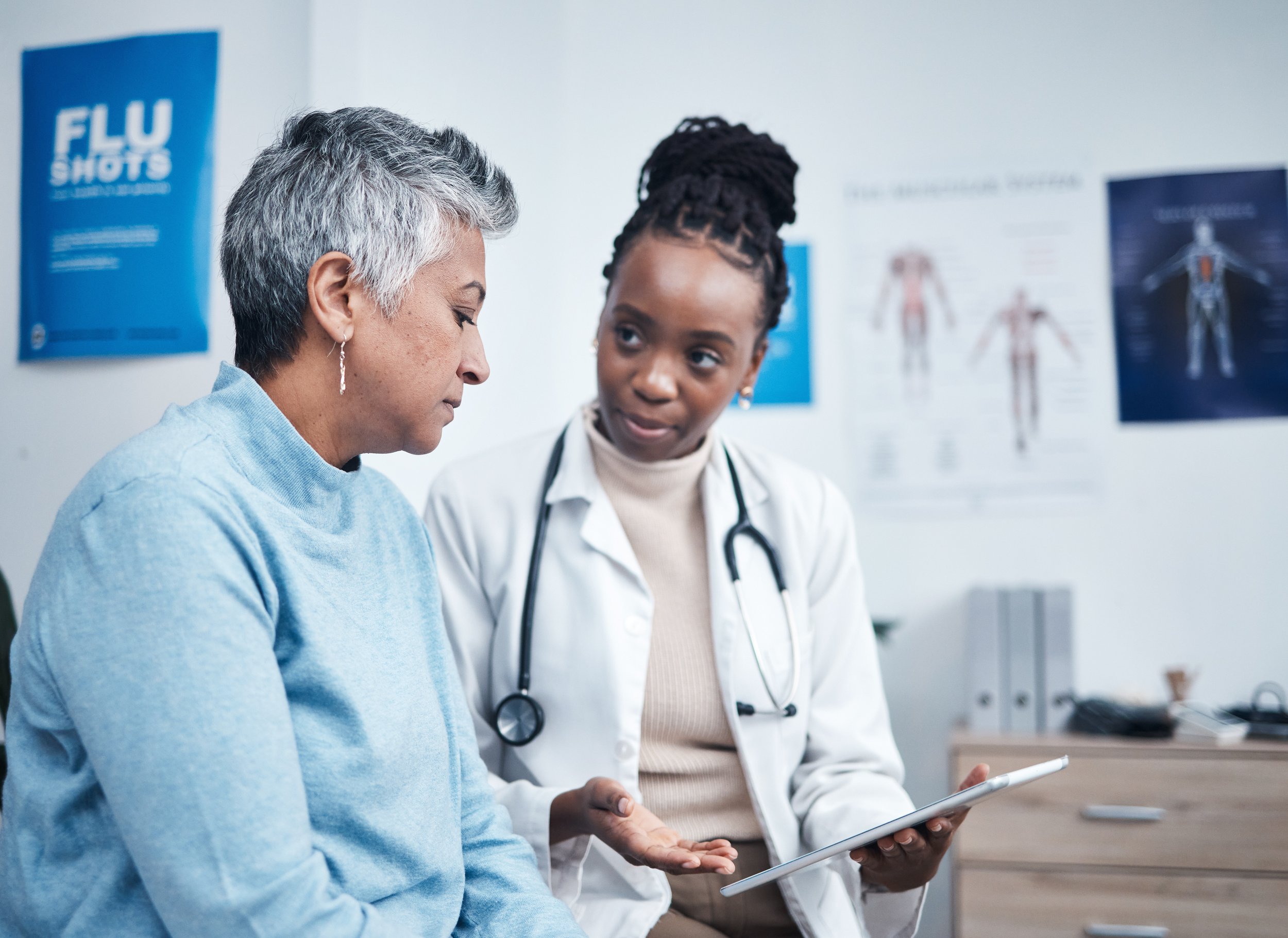
What is Multi-Cancer Early Detection (MCED) or Liquid Biopsy, and Why Does It Matter?
Recent innovations hold great promise to detect cancer earlier than ever before. Learn more about multi-cancer early detection blood based tests, also known as liquid biopsies.

Brem Foundation's Response to New Proposed Guidelines for Breast Cancer Screening
Brem Foundation to Defeat Breast Cancer welcomes yesterday's (May 9, 2023) recommendation by the US Preventative Services Task Force (USPSTF) that women at average risk for breast cancer start regular screening mammograms at age 40, a significant shift from their previous recommendation to wait until age 50.
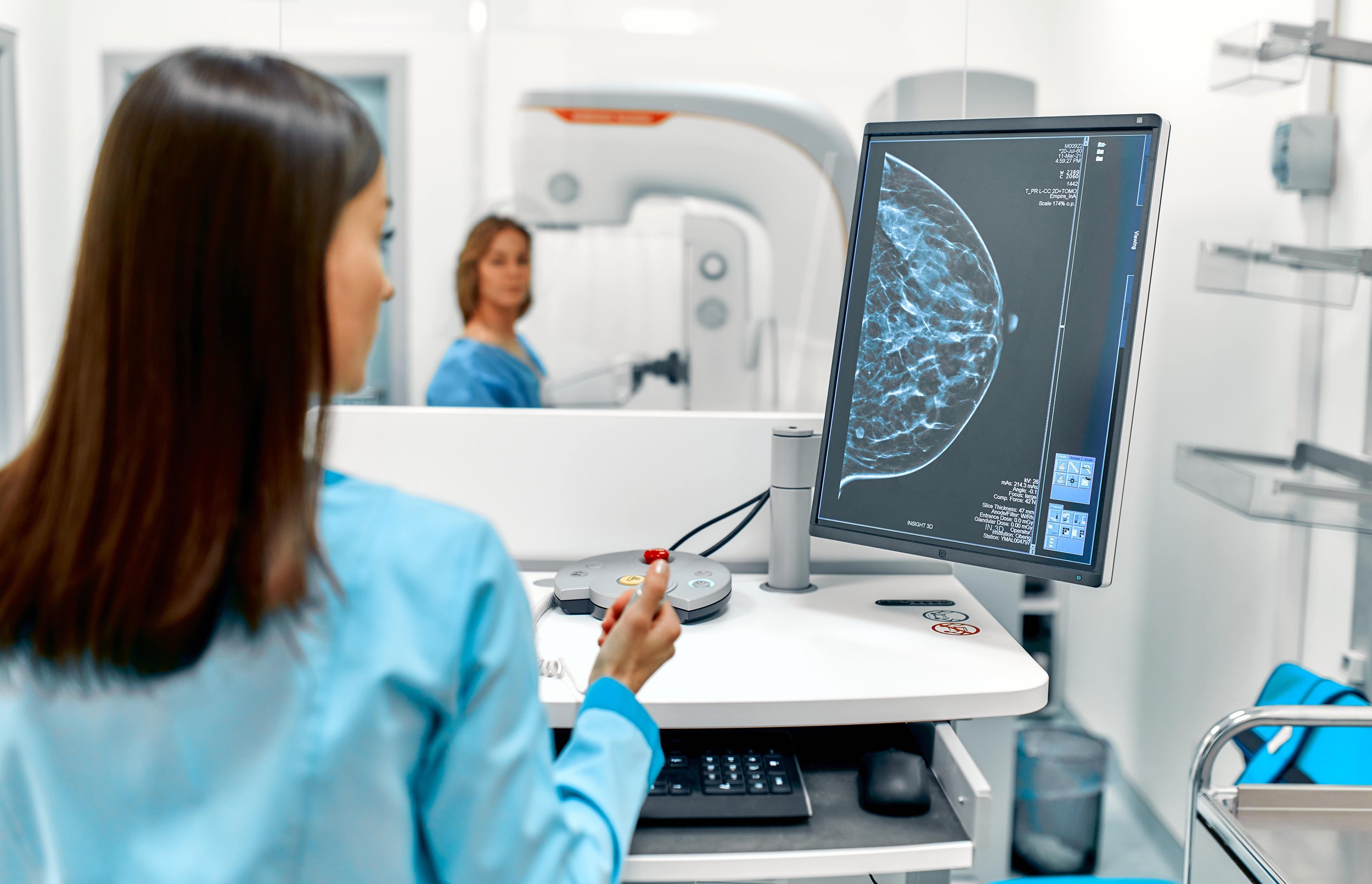
A Lifesaving Standard: FDA Announces New Breast Density Notification Rule
Statement from the Brem Foundation to Defeat Breast Cancer:
The Brem Foundation to Defeat Breast Cancer welcomed today's announcement from the FDA of a new national requirement for breast density reporting to both patients and referring health providers. We are still reviewing it in its entirety. The rule requires all healthcare providers to notify patients if they have dense breasts and notes that those with dense tissue may require imaging tests in addition to a mammogram, which may help find cancers. The rule will allow for all patients who undergo breast cancer screening to have necessary information about breast density for informed decision-making with her provider about potential essential screening options.
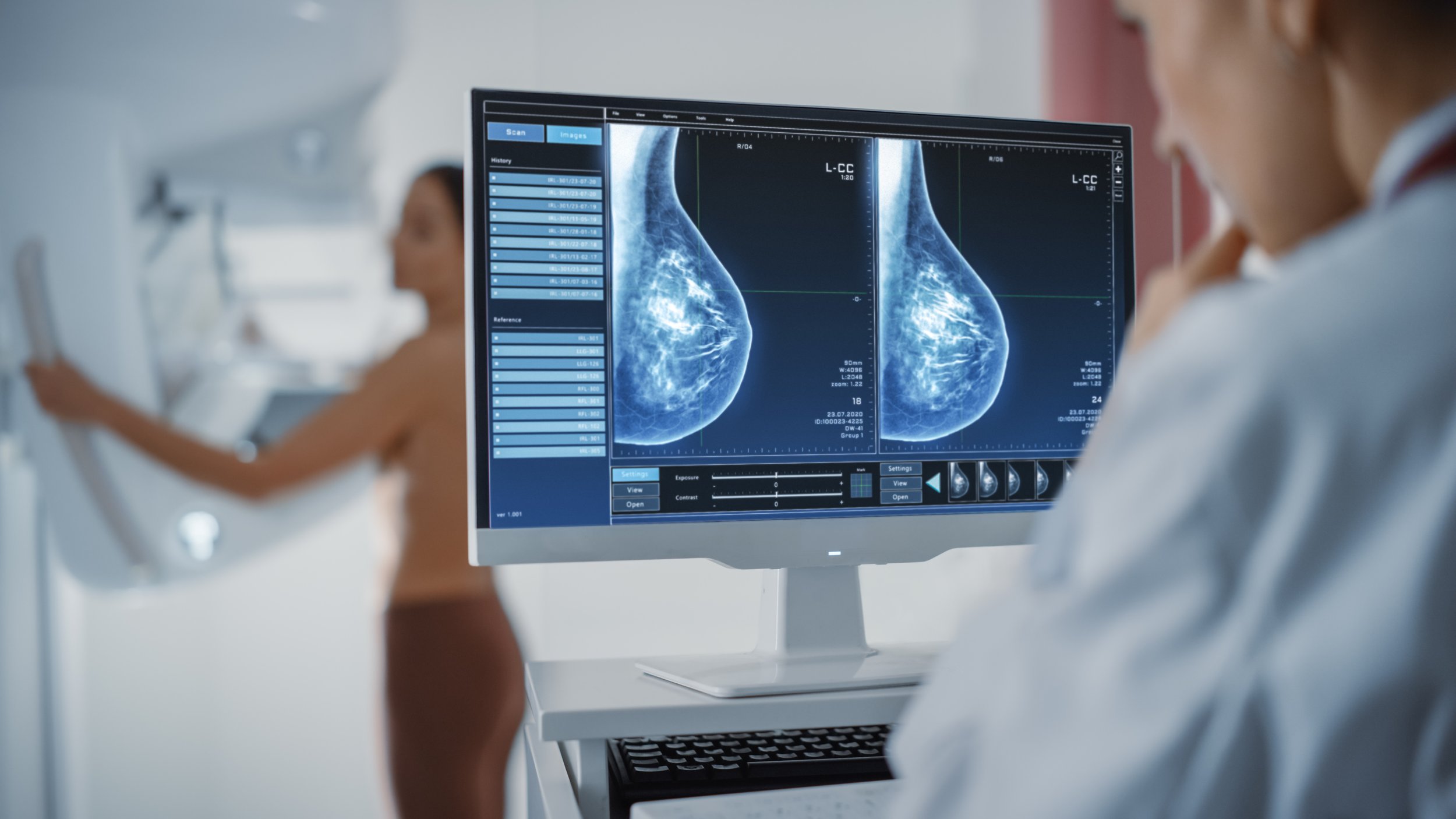
What are Dense Breasts? What You Need to Know About Dense Breast Tissue
What is breast density and why is it important? How does a woman know if she has dense breasts? Can she tell on her own? Is having dense breast tissue a risk factor for breast cancer?
These are just a few of the questions Brem staff asked Dr. Salman, a Brem Fellow and diagnostic radiologist. In this short interview, you will learn everything you need to know about dense breast tissue and what you need to do if you have dense breasts.
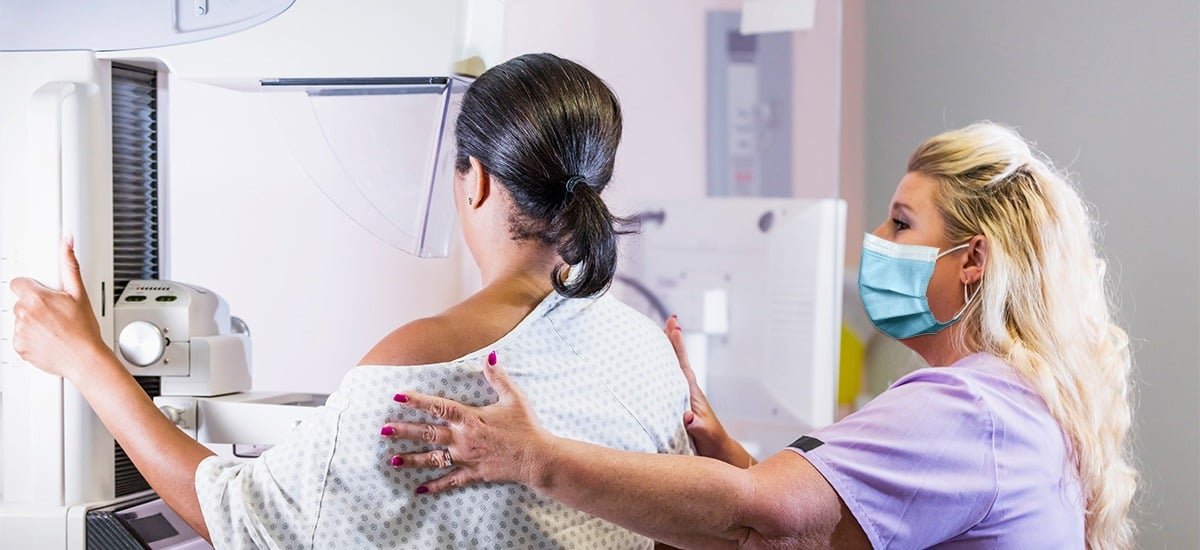
Breaking Down Barriers to Healthcare Access: 1,000 Rides Strong!
There is significant discussion today around access to healthcare, particularly for underserved women – and with good reason. Studies show that access to care is often impeded by social determinants of health - a range of social, economic, political and environmental factors that contribute to an individual’s health conditions and disparities.

A Breast Imager's Perspective on the Impact of COVID-19
The fictional Ms. Smith has gotten her annual screening mammogram every April. Given that her mother, grandmother, and two sisters were diagnosed with breast cancer before 50 and had the BRCA breast cancer gene, she was vigilant about her breast health and never missed an appointment… until 2020.
As the COVID-19 pandemic intensified in March 2020, Ms. Smith was furloughed from her job and lost her mother, who was a nursing home resident. At the end of March, she received a letter in the mail stating that her annual screening mammogram would need to be rescheduled due to the pandemic.

Breast Screening 101: Fibroglandular Density & Getting an Ultrasound
Many women know that screening for breast cancer is an incredibly important aspect of women's health. But sometimes an annual mammogram isn't enough, especially for those with dense breast tissue.

5 Risk Factors for Developing Breast Cancer Every Woman Should Know
Before COVID, breast cancer seemed like the most well-publicized disease in the U.S. But even with all of this publicity, women still do not know what they need to know to maximize their chances of finding early, curable breast cancer.
The best starting point for being your own breast health advocate is to know your risk factors for breast cancer.

Breast Screening 101: What to Expect During a Mammogram
You’ve scheduled your mammogram! Great work!
In this post, we’ve included information about this type of screening for breast cancer and a step-by-step look at what it’s like to get one. We want every woman to know what to expect during a mammogram!
Let's get started.

Win for Women in DC
Breast cancer devastated Anne Kalosh’s family. When Anne was a teenager her mom died from breast cancer. Two of her mom’s sisters, Anne’s aunts, also passed away from breast cancer. Anne hoped that she would be spared.

Beyond the Pink
The breast cancer awareness movement has been garnering continuous support for the past fifty years. Beginning with The Women’s Field Army in 1936, which consisted of a legion of volunteers who waged war on cancer and promoted early detection and prompt medical intervention, breast cancer is no longer taboo. But breast cancer, no longer being an unspeakable disease, has transformed into the mundane; the inundation of pink ribbons, water bottles, and tote bags have made cancer a brand.

Those Confusing Guidelines...
As a Brem Breast-Imaging Fellow, my patients ask me these questions about screening every day. Breast cancer screening guidelines have always been confusing. But recently they have become even harder to follow. I want my patients – and all women – to have a better sense of how to get properly screened so that they can maximize their chances of finding early, curable breast cancers. Here’s how to make heads and tails of the recent guidelines.

Running for Cancer, Not From It
Amanda was always sure she would get breast cancer. After her mother died from the disease in her thirties, three-year-old Amanda was left to begin a waiting game that could have lasted a lifetime - until she decided to rewrite the rules to become a “pre-vivor” who quite literally outran cancer.

At 44, Sheryl Crow Discovered Breast Cancer During Annual Mammogram
In 2006, at age 44, Sheryl Crow went in for her annual mammogram - as she had every year since she turned 40. She never expected there to be a problem. But there was a problem. She had breast cancer. Though her cancer was early-stage and non-invasive, she had a lumpectomy and radiation.
